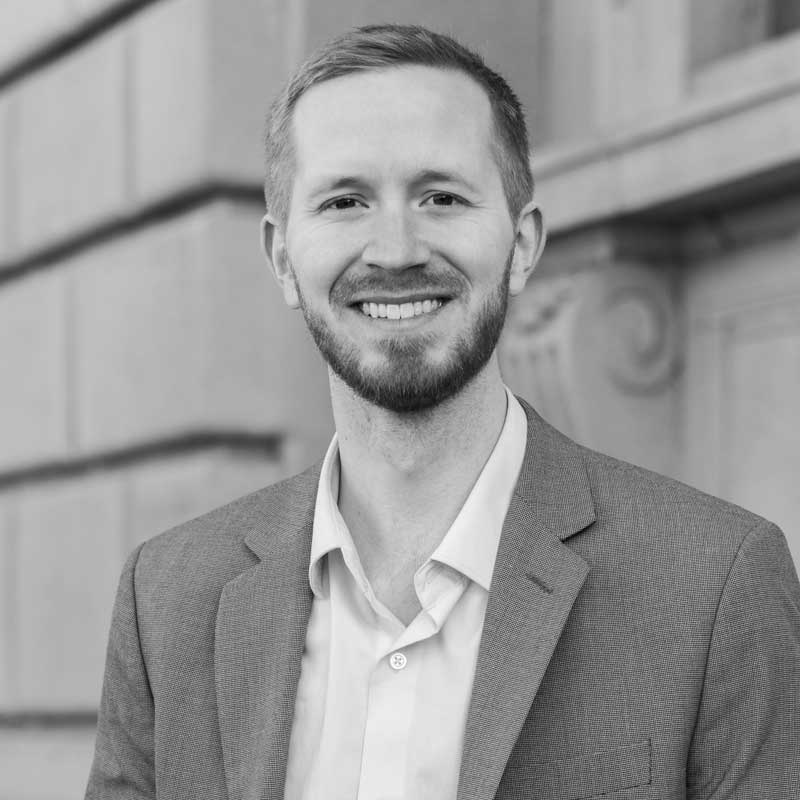Takeaway
A childhood dream was fulfilled when I won my favorite gameshow. The joy I experienced in that moment is something that I strive to share with patients each day.

Passion in the medical profession | January 24, 2022 | 3 min read
By Tyler Mains, MD, University of California, San Francisco
As a kid, I loved game shows. “Jeopardy,” “Wheel of Fortune,” and “Press Your Luck” . . . I loved them all, but “The Price Is Right” was especially my jam. Sitting cross-legged on my grandparents’ floral rug in Indiana, I shouted prices of swimsuits, kitchen appliances, and new cars at the television. During commercials, I used my best announcer voice to proclaim, “Tyler Mains, Come on Down!” I galloped around the coffee table, pumped my small fists in the air, and wondered what it felt like to high five exuberant strangers in a studio audience.
15 years later, “The Price Is Right” gave me more than golf clubs, luggage, a Chevy Cobalt, and a childhood dream fulfilled. It taught me a valuable lesson about sustaining a career in medicine.
During my senior year of college, I was a resident advisor and took my floor on a special trip to a filming of “The Price Is Right.” We were a couple dozen energetic college students in matching t-shirts, so the odds were in our favor that one of us would be selected to be a contestant. I knew I sealed the deal when two production assistants nodded approvingly at my fervent jumping and high-pitched screaming during my 10-second screening interview.
The moment I saw my name written on a large cue card on the stage, I shot out of my chair. My underclass students clapped my back and beamed. The ecstatic cheering drowned out the announcer saying, “Tyler Mains, Come on Down,” but I didn’t care. I was a real contestant and on the real “Price Is Right!”
I hopped through the row and down the aisle, pumped my (slightly larger) fists in the air and high-fived (actual) strangers. My legs sprang into action again when I won my first game, spun 95 cents on the wheel, and won the Showcase Showdown. I jumped more on that stage than I ever had on a volleyball court.
I can’t name any other moment in my life when I expressed such unadulterated and buoyant joy. I certainly don’t jump out of my chair when my patients achieve their A1c goal, hit their one-year anniversary of tobacco cessation, or get a normal biopsy result. But why not? Isn’t a health accomplishment more exciting than winning a rice cooker?
From Day One in med school, we’re taught that professionalism is at the core of doctoring. However, how one defines professionalism is entirely subjective and often based on biases we’ve implicitly learned throughout our lives. While well-intentioned, assessments based on personal views and murky definitions of professionalism can have harmful consequences on the wellbeing of trainees, not only during their training programs, but well into their careers.
As a trainee, I was often scared to laugh in front of supervisors, even in the workroom during entirely appropriate situations. I imagined all physicians as stoic and unflappable, so I equated joy with naivety and incompetence. Because we see death and despair regularly, any hint of levity felt cruel. By the time I reached residency, the cloak of professionalism had suffocated my joy. I felt the consequences not only during work, but also with friends and family who commented on how “serious” I’d become. I convinced myself this was the normal evolution of becoming a doctor.
Yet joy and professionalism don’t have to be competing forces. Rather, they can be synergistic. I want to be a physician with whom patients can share a funny anecdote or a picture of their grandchild. We naturally gravitate towards people who smile and laugh. Imagine the bonds we could form with patients when we share a genuine moment of pure positivity together.
How I strike the balance of authentic joy with measured clinical reasoning is an ongoing challenge. Acting like I just won “The Price Is Right” every time I greet my patients will probably not foster the strongest patient-physician relationships, but I try to remember the joy I felt that day and bring some of that to work with me. Rather than quelling positive emotions at the risk of being judged as unprofessional, I now strive to recognize and honor those feelings. In turn, I hope to enjoy a lifelong career in medicine filled with purpose and joy.
This piece expresses the views solely of the author. It does not necessarily represent the views of any organization, including Johns Hopkins Medicine.

